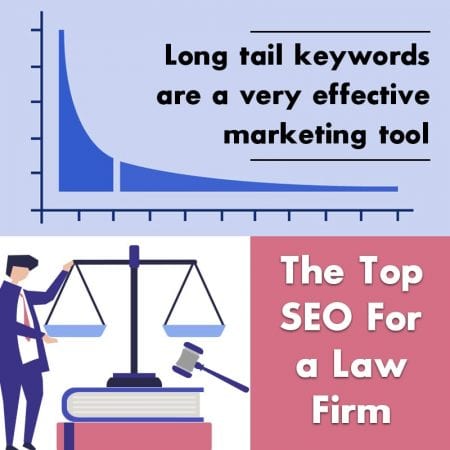 One way many show their expertise in any given subject is by blogging. This is no different for a law firm. Blogs are a really great way to help your SEO (search engine optimization) as many will see these blogs as a mean to help show off what your attorney’s firm can do. This, in turn, will help you generate more clients as people will go to your site to have their questions answered.
One way many show their expertise in any given subject is by blogging. This is no different for a law firm. Blogs are a really great way to help your SEO (search engine optimization) as many will see these blogs as a mean to help show off what your attorney’s firm can do. This, in turn, will help you generate more clients as people will go to your site to have their questions answered.
One of the biggest reasons websites have blogs is because they can help your site rank better. An attorney’s website that does not have a blog could be an exceptional law firm but if it is not ranked well, people will not know about it. Your website may appear on the fifth or sixth page. Many people are in a hurry when they do web searches, so this will just not suffice.
Now take a look at an attorney’s website that has a blog. This site could very well be ranked on the number one page of the search engine. People will be drawn to this site, as it has a high ranking. They will visit the blog to get important information, such as what documents may be needed when going to court for a divorce. Individuals love it when they can find information easily online that is not only credible but helpful.
Attorney SEO is very important in so many aspects. Law firm websites can be impacted by the speed of a page loading or by not having the right keywords. Consider applying any of the following information to your SEO for your law firm in order to rank better on the SERPS.
When doing attorney SEO, you will need to make sure you have the right keywords. If you do not have the right keywords, your SEO efforts could be lost. These words are what people are typing into the search engine when looking for something. Examples of this could be “divorce lawyers”, “attorneys located in Florida”, or “ Child support law firms in South Dakota”.
The last example from above is a long tail keyword, in which several words create a keyword. These long tail keywords will help a person narrow down their search results. This is a very effective marketing tool that the SEO optimizer should think about.
When one thinks about what their keywords should be, they need to think about their audience and what they will be searching for. SEO for law firms should select at least two long tail keywords/phrases per blog post that individuals may type in searching for material. Using longer keywords will assist in finding clients.
Once keywords have been established, it is important that an attorney use those selected within the blog posts in organic ways. One should be careful when doing this as it will harm your attorney SEO if you stuff the words into the post where they do not make sense. Think of it this way…when you are writing, adding a keyword just to add it will not help your site. What is more ,is that Google could actually have your website penalized for doing this. While you may feel this will boost your rankings, Google does not like it one bit. Google would rather see content that is valuable for your visitors. And speaking of visitors…if your content is not easy to read, your visitors will turn into ex-visitors.
You will also need to use your keywords in other spots. Your title tag should contain your keyword. This is essentially your title. This is needed in order to tell your visitors what your content is all about. By including your keyword, the user will have an easier time finding your related content.
You should plan on including your keyword into the meta description as well for SEO attorney purposes. This will provide readers with a little snippet of what your blog is all about. This will be shown underneath the search engine results so viewers can read a small portion to see if that is the content they are looking for.
If you have not added blogs to your SEO law firm strategy, you need to! If you are uncertain about anything with a blog, consider hiring an expert. SEO for a law firm will enable your site to skyrocket as many people will want to visit a site that has the best information to offer. These experts will also be able to show you where else you can use your keywords to better optimize your site.
